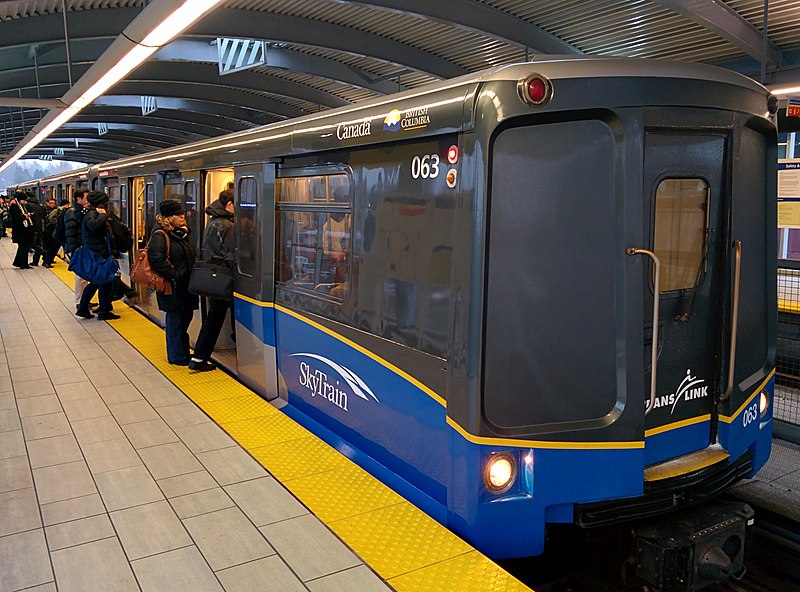Last week, voters in the Vancouver region rejected a half-cent sales tax to pay for a package of transit infrastructure and service expansions necessary to handle growing demand. Even in the city of Vancouver, the measure fell shy of a majority. Polling revealed that most "No" voters didn’t trust the regional transit agency, TransLink, to make good use of the additional revenue.

In a postmortem, Jarrett Walker at Human Transit says public perception of TransLink is at odds with its cost-effective performance. Regional transit agencies, he writes, are generally in a difficult political position, susceptible to blame-shifting from elected leaders with more power than the agency wields itself.
Here's his advice about how to move past a stinging rejection like Vancouver's referendum (the full post is definitely worth your time):
Hating your transit agency is easy and fun. You don't have to understand your regional politics, in which the real power to fix transit is usually not held by the transit agency. You can also have the thrill of blowing up a big institutional edifice, as Metro Vancouver voters may now have done.
But a lot that's good will also be destroyed. In Metro Vancouver, amid all the recriminations, TransLink has lost the credibility it needs to lead reality-based conversations about transit. Maybe some other agency will step into that role. (Indeed, core cities for whom transit is an existential issue must develop that capability.) Or maybe there will just be many more years of blame shifting among the elected officials who really control transit in the region.
If you look at transit from the point of view of a state or province leader, you can understand why so many politicians are terrified of the issue. Everyone is screaming at them about it, pushing simplistic solutions, and the issue is polarizing on urban-suburban lines. Some huge problems, like equipment failures due to deferred maintenance, are curses laid upon us all by our parents' generation. What's more, most elite leaders are motorists, and need help finding their feet in the geometric facts of transit where a motorists' assumptions lead them astray. So they panic, shift blame, and leave transit agencies appearing to have more power to solve problems than they actually have. If you've never been a political leader, don't be sure you wouldn't do the same in their place.
Be patient. Breathe. Resist the desire to see your transit agency in smoldering ruins. Then, demand leadership. Demand state/provincial leadership that looks for solutions instead of pointlessly stoking urban-suburban conflict. (One possible solution is to spend more time on regional transportation debates instead of just transit debates, because regional transportation plans can look more balanced than transit plans can.) And yes, if your transit agency is being given dysfunctional direction by the region's leaders, demand a better system with more accountability to an elected official who will have to answer for outcomes.
Elsewhere on the Network: The Transport Politic looks at the potential for American cities to turn downtown commuter rail terminals into stations with through-running service. And the editor of the Toronto Star's automotive section has called for the city to blanket downtown streets with protected bike lanes, reports Biking Toronto.





